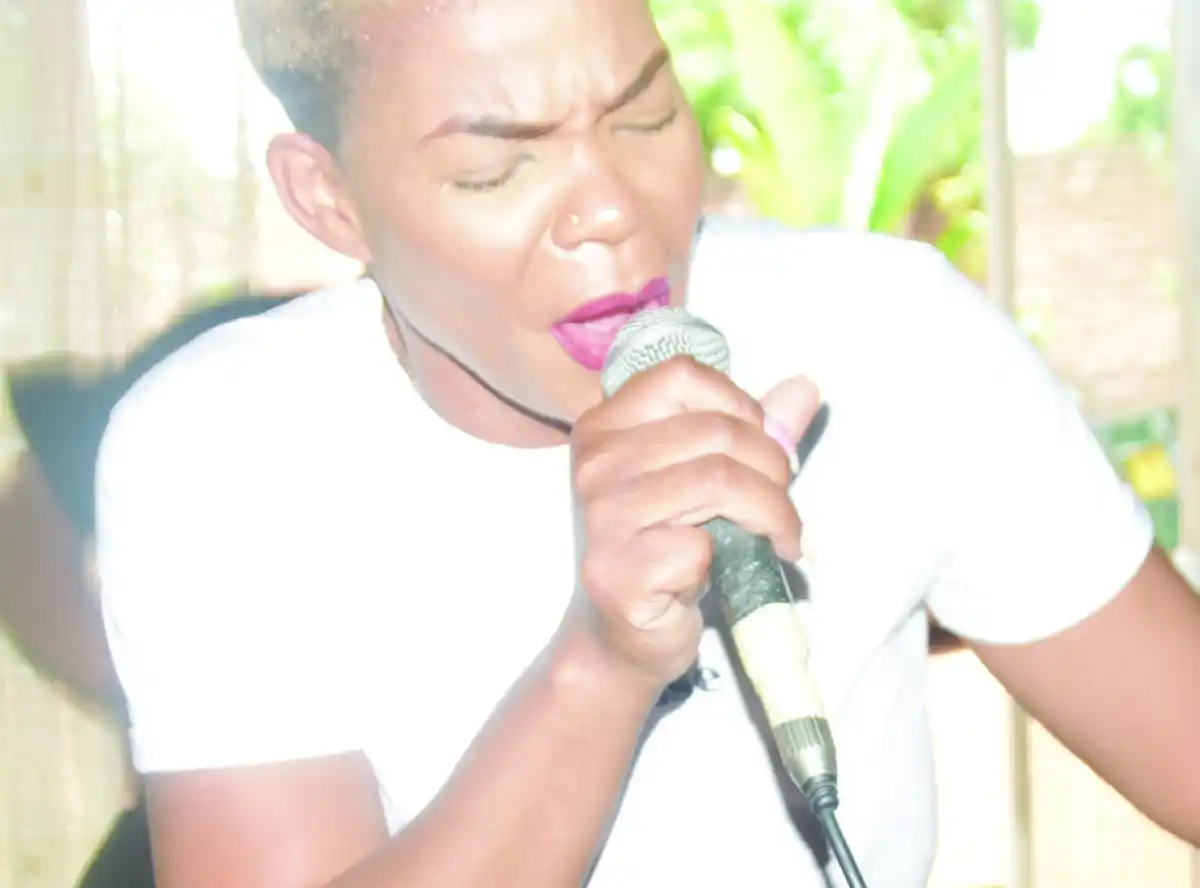
By Madalitso Mtukula, contributor:
Malawi’s music scene has seen significant growth in recent years, largely driven by the influence of social media.
Online platforms have provided local artists with a platform to showcase their talent and gain global recognition. This shift has democratised the industry, enabling musicians to take control of their careers.
In Malawi, artists utilise platforms such as Instagram, Facebook and X, formerly called Twitter, to directly share their music with fans and engage with them on a personal level.
A prominent figure in the scene is Third Eye, real name Mandela Mwanza, who reflects on his unique experience with social media.
“Facebook became popular in Malawi around 2012, five years into my career, quickly expanding my fanbase. It not only broadened my reach but also gave my fans direct access to me,” the hip hop artist says.
Third Eye primarily interacts with fans on Twitter and uses Facebook for promotional campaigns and official communications.
While he has not yet collaborated with artists or producers through social media, his Twitter presence has garnered attention from American legends such as Chuck D, Black Thought, and Talib Kweli.
He has also secured business deals by reaching out to corporate and donor community representatives via the same platform.

Zonke Too Fresh, also known as Apule, highlights how social media has impacted his career: “My song ‘Kamodzi’, released in 2022, gained popularity across social media, drawing attention from neighbouring countries.
“On the flip side, I have learned to handle negative feedback on social media.”
He actively engages fans on Facebook, Instagram and TikTok, using DistroKid for music distribution.
Despite not collaborating with other artists via social media, he recalls composing a song with Tuno on a bus from Mingoli Bash to Blantyre.
VJ Ice, a producer and DJ, credits social media for simplifying music distribution.
“Since the early days of platforms like ReverbNation and SoundCloud, my music has been online. Now, focusing on the international market, I leverage social media for promotion and streaming,” he says.
Although VJ Ice discovers talents on social media, he believes street scouting remains crucial.
He notes that while social media amplifies existing music trends, it does not drive fundamental changes in local music production.
Producer Cuff B also reflects on how social media has transformed his approach to music.
“Social media exposes me to diverse music styles and international producers, enhancing my skills since 2021. It fosters healthy competition among producers,” he says.
Peter Mazunda, known for his work with Malawian music icons, also underscores social media’s pivotal role in industry growth.
“Platforms like Facebook, Instagram, TikTok, and X have expanded artists’ reach beyond borders, enabling viral content that can catapult careers,” Mazunda, who has worked with several top artists including the late Lucius Banda, says.
However, Mazunda acknowledges challenges such as building a loyal following and combating piracy, urging artists to educate fans on supporting music legally.
Overall, it is evident that social media has revolutionised Malawi’s music landscape, empowering artists while presenting new challenges.
As the industry evolves, harnessing these platforms strategically is crucial for sustained success and broader audience engagement.








0 Comments